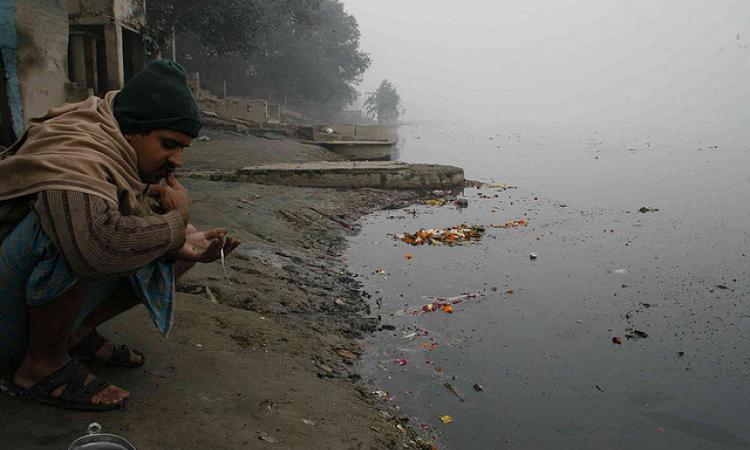
Delhites to bear the brunt of Yamuna pollution
Based on the ‘Polluters Pay Principle’, the National Green Tribunal has ordered the various authorities in Delhi to levy environmental compensation on every household which generates sewage that goes into theYamuna, in the National Capital Territory. The order will make it compulsory for Delhites to pay a minimum compensation of Rs 100 irrespective of whether they are sewered or not. Even unauthorized colonies will be liable to pay Rs 100 to Rs 500. Also, the NGT has imposed a fine of Rs 5000 on individuals or municipal corporations found dumping waste in any drain in Delhi.
CAG reports gaps in Centre’s agriculture scheme
Per the Comptroller and Auditor General of India (CAG), the Rashtriya Krishi Vikas Yojna (RKVY), has failed to implement 38% of the projects out of the 4,061 proposed for the period of 2007 to 2013. Also, there were discrepancies of over Rs 4000 crore observed between the figures of total expenditure as stated by the State and the Centre. The scheme was launched with an aim to shoot up the agriculture growth rate to 4% by the end of the Twelfth Five Year Plan; however, there exists no evaluation methodology to assess the effectiveness of the scheme.
NGT’s decision favors the State in Kanhar dam case
The National Green Tribunal has decided not to halt the ongoing construction of the Kanhar dam. However, an Expert Committee has been formed to look into the issues of resettlement and rehabilitation and environmental impacts. Per the Tribunal, so much money has already been invested in the project that delaying it further to obtain fresh clearance will neither serve the interest of ecology nor the public. Although, the judgment is in favor of the Uttar Pradesh Government, it has disallowed any new construction activity without the consent of the Expert Committee.
Plans afoot to review the hydropower potential of the country
The Government is all set to conduct a basin-wise study of the hydropwer potential in the country. The study will look into all aspects such as energy security, climate change, earthquakes and human displacement. Such a survey had taken place 28 years ago, in 1978-87. The decision to conduct the study has been taken following widespread protests against hydropower projects from affected people. The exercise, that will take two and a half years to be completed, will involve preparing basin maps and longitudinal profiles of various rivers and their tributaries.
SC orders UP Government to create green cover around the Taj Mahal
Due to the discoloration of the Taj Mahal from pollution, the Supreme Court has slammed the Uttar Pradesh Government for failing to take notice of the green cover around the monument. For almost 19 years, the State Government has failed to comply with the Court’s order to plant above 2.58 lakh saplings in Taj Trapezium Zone, a 10,400 sq.km area covering the five districts of the Agra region. Now the Court has advised the State to adopt the Himachal model and involve civil society in planting and preserving trees in the region.
This is a roundup of important policy matters from May 5-11, 2015. Also read last week's news updates.